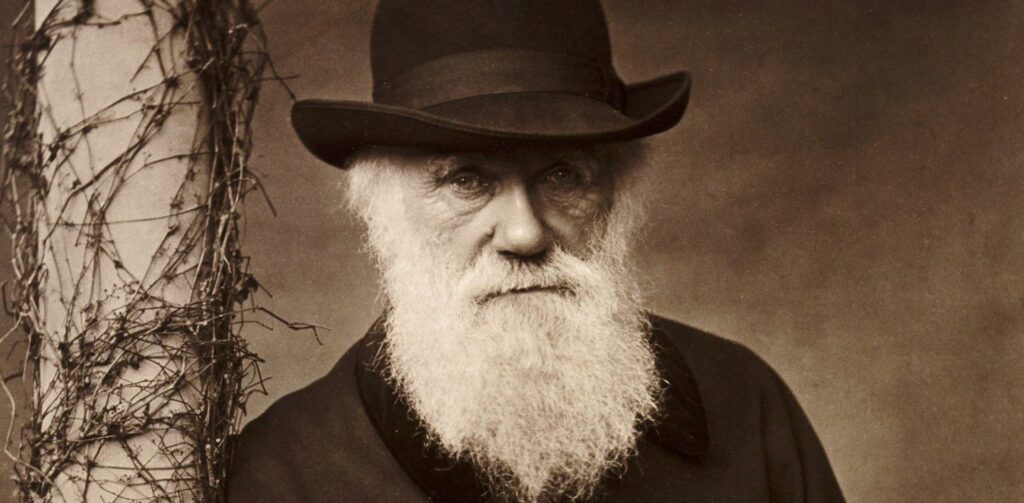Atheists who flunk Darwin

of Antonio Pozio appeared on Future the 01/04/10
In an editorial signed by Andrea Lavazza, the Avvenire said the essay by Fodor and Piattelli Palmarini.
Their book, released in February, made noise in the Anglo-Saxon world. It probably will in Italy, where the translation is announced for mid-April. On the other hand, a title like “Darwin's mistakes” it seems made on purpose to arouse opposition. The authors have clearly expressed the purpose in an article published in the journal “New Scientist”, in which they summarize the contents of the volume (leaving for Feltrinelli): natural selection has shown an insidious imperialist tendency, his ex-post explanations have spread from biology to a large number of other disciplines, from philosophy to psychology, from anthropology to sociology, up to aesthetics and even theology; then, if the effectiveness of selection in biology is demolished, the possibility of using it will also drop (out of turn, they believe) in other disciplines.
Their, the well-known philosopher Jerry Fodor and the cognitive scientist Massimo Piattelli Palmarini, they make it clear that they are atheists and do not want to give weapons to creationists or supporters of intelligent design. But they think this contributes to the advancement of science, offering better explanations, strictly naturalistic. It is difficult not to agree on the often generic or unfounded applications of the concept of adaptation to the appreciation of art, to marriage behaviors or religious beliefs. More controversial is the thesis that other mechanisms must completely replace selection as the engine of evolution. It is less easy than critics and late-breaking supporters say to enter the debate, rather complex, like the book, certainly not an easy to read pamphlet. So what is the thesis of Fodor and Piattelli Palmarini? That evolution (that is, the change of living forms) it doesn't work as Darwinian orthodoxy thinks.
Simplifying, copying errors of genes occur in the reproduction of organisms leading to phenotypic mutations, that is, to changes in physical characteristics (or even in behaviors). Some new features allow individuals with them to better survive in their own habitat as well, mostly, to reproduce more, others render a bad service (a faster gazelle will be saved from the lion, a slower one will always end up eaten). In this sense, the environment selects the most suitable among the random variations and the species evolve. Anything, almost, of all this, instead say the authors. It is not the environment that drives the change, they are internal constraints of another kind, including the operation of the “master geniuses” (which command many structures of the body), the physico-chemical laws of form and self-organization ... To use an example proposed by Piattelli Palmarini, in the finch, a mutation that alters the shape of the upper half of the beak produces congruent changes in the bones of the skull, in the lower part of the beak, in the neck muscles and nerves. This, in other words, would prevent "selecting and refining each organ or trait separately for the blind game of nature". The criticism of the criticism was not long in coming. And not only from the Pasdaran of Darwinism. His “Nature”, a slating “institutional” by Massimo Pigliucci. Michael Ruse, one of the best known scholars of evolutionism, who confronted the proponents of intelligent design, spoke of "intensely irritating book" and "very bad arguments".
Two philosophers and cognitive scientists of the caliber of Ned Block and Philip Kitcher have tried to demolish in detail the positions of Fodor and Piattelli Palmarini by concluding that, without prejudice to respect for their previous works, “Darwin's mistakes”, despite the impressive literature cited, it is based on errors and distortions and is bound to be confusing.
"Science has made considerable progress since Darwin's time and certainly there have been invasions of the field of evolution, but this does not discredit the general principle of natural selection ", commented Francesco Scalfari of the university of Asti, one of the founders of the Italian Society of Evolutionary Biology. «The mechanism of “exaptation” studied by Gould and mentioned in the book (see box) it is well known: it does not constitute a revolution, but a further explanation in the concreteness of natural history ".
Fiorenzo Facchini is also very prudent, paleoanthropologist of the University of Bologna, contrary to evolutionary fundamentalism, but not willing to throw everything Darwin to the winds.
Someone spoke of "extended evolutionary theory", the authors replied that they wanted instead to operate "a real reversal". For a single book, which is based only on a rereading of some research, perhaps too ambitious a goal. But if the achievements of science are by definition always revisable, even the current Darwinian orthodoxy may undergo further adjustments over time. And all this will be done in the field, not with superficial controversies.